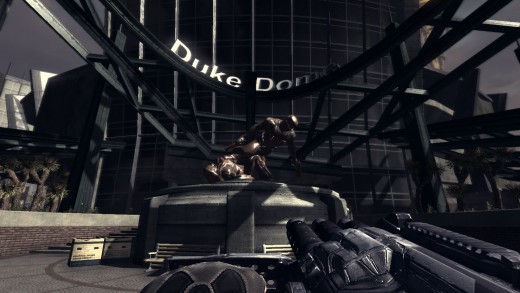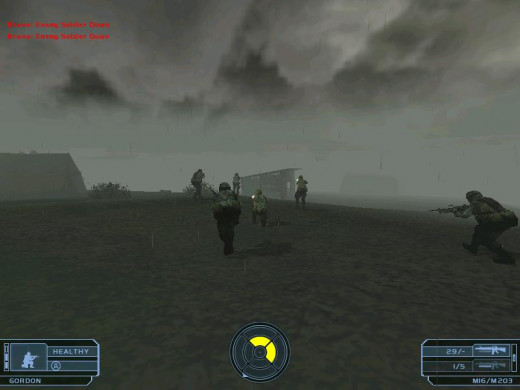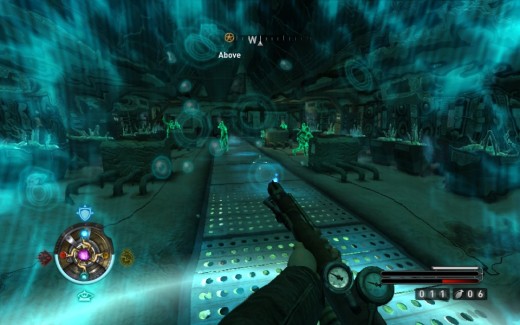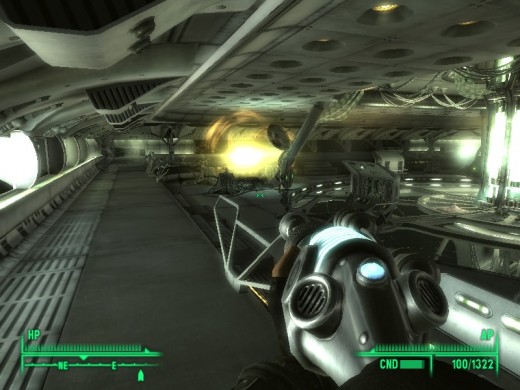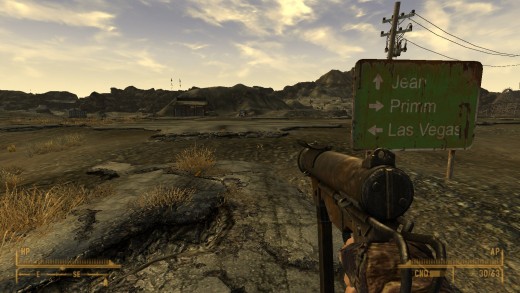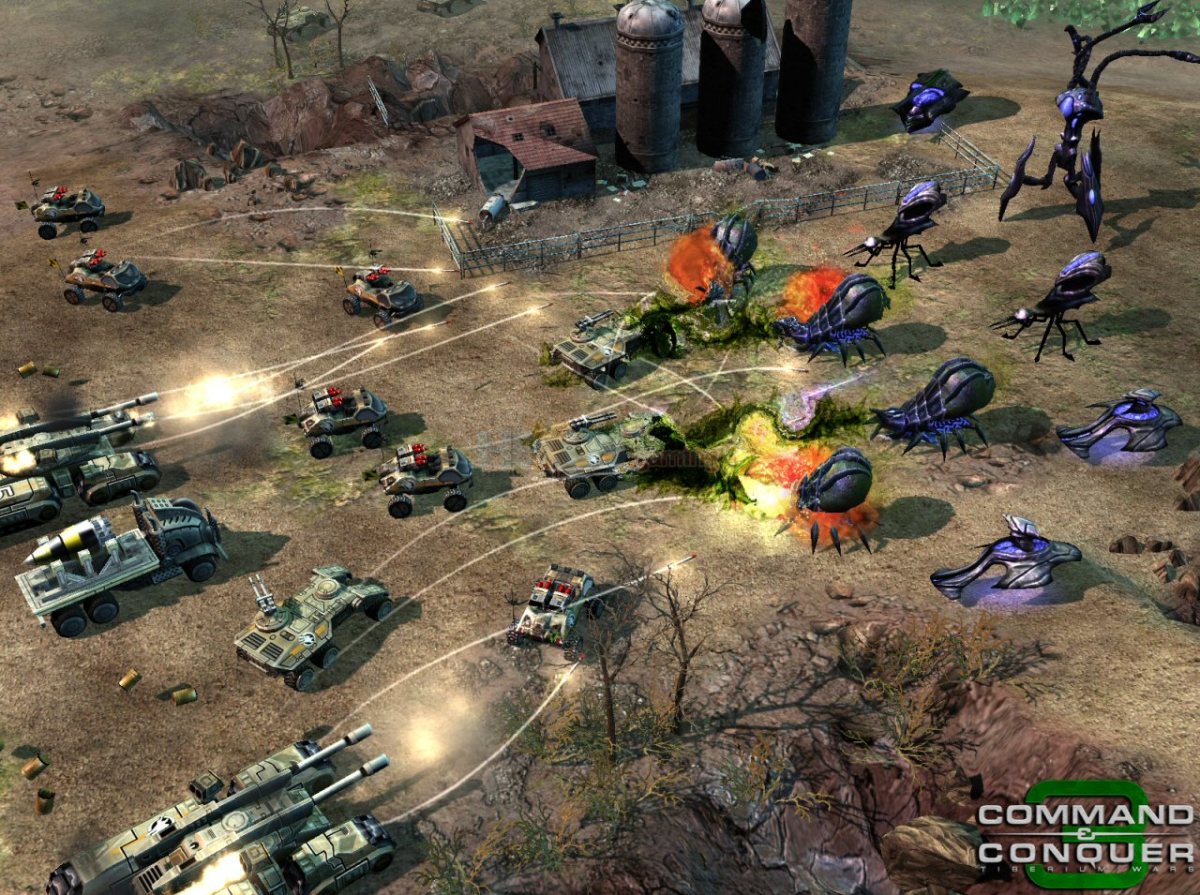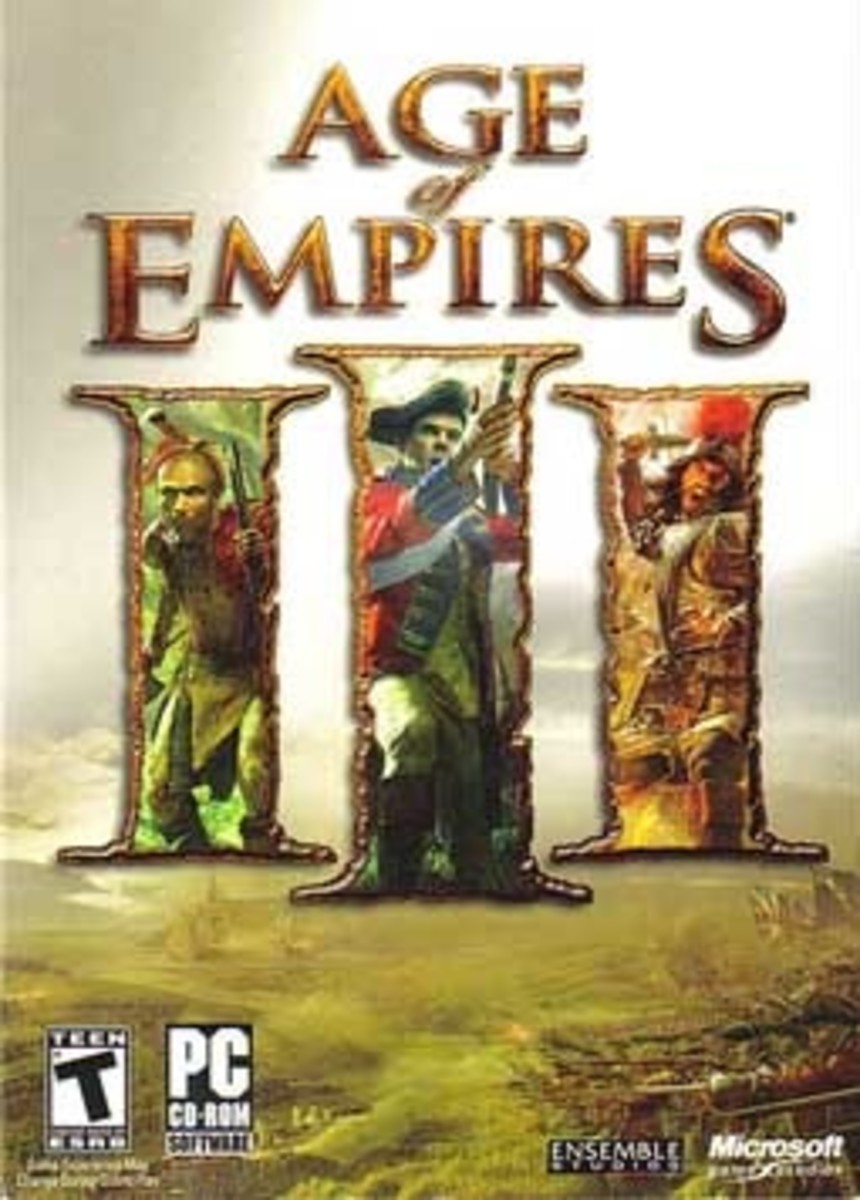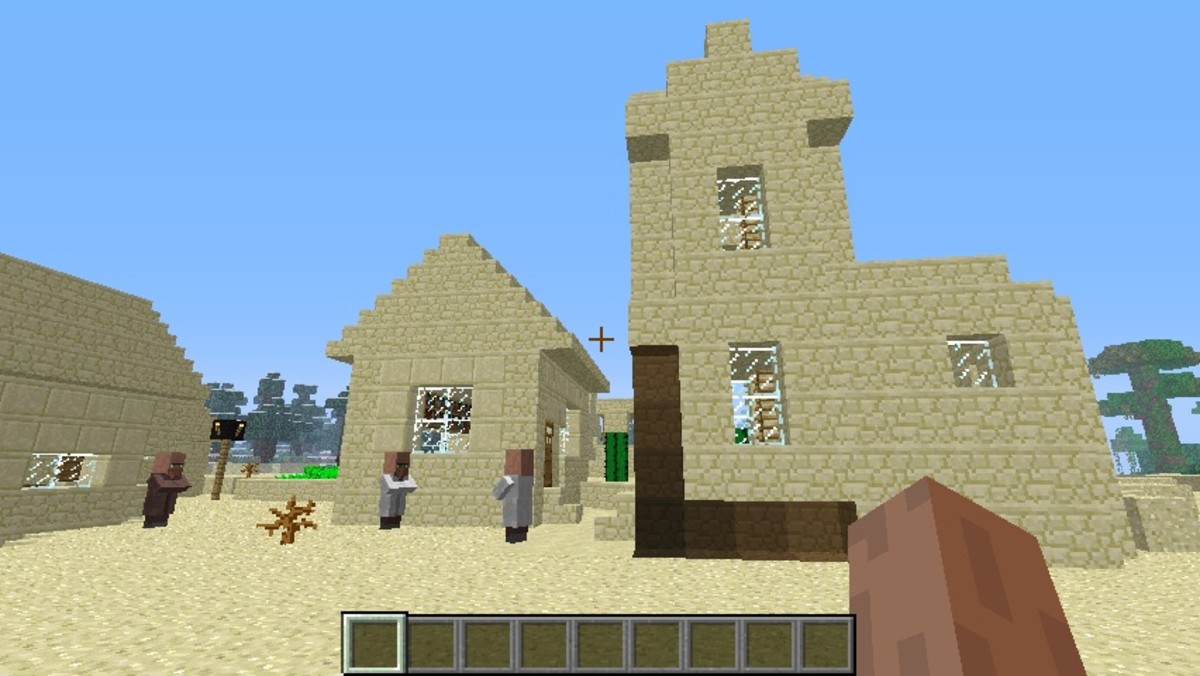The Best Video Game Composers of All Time
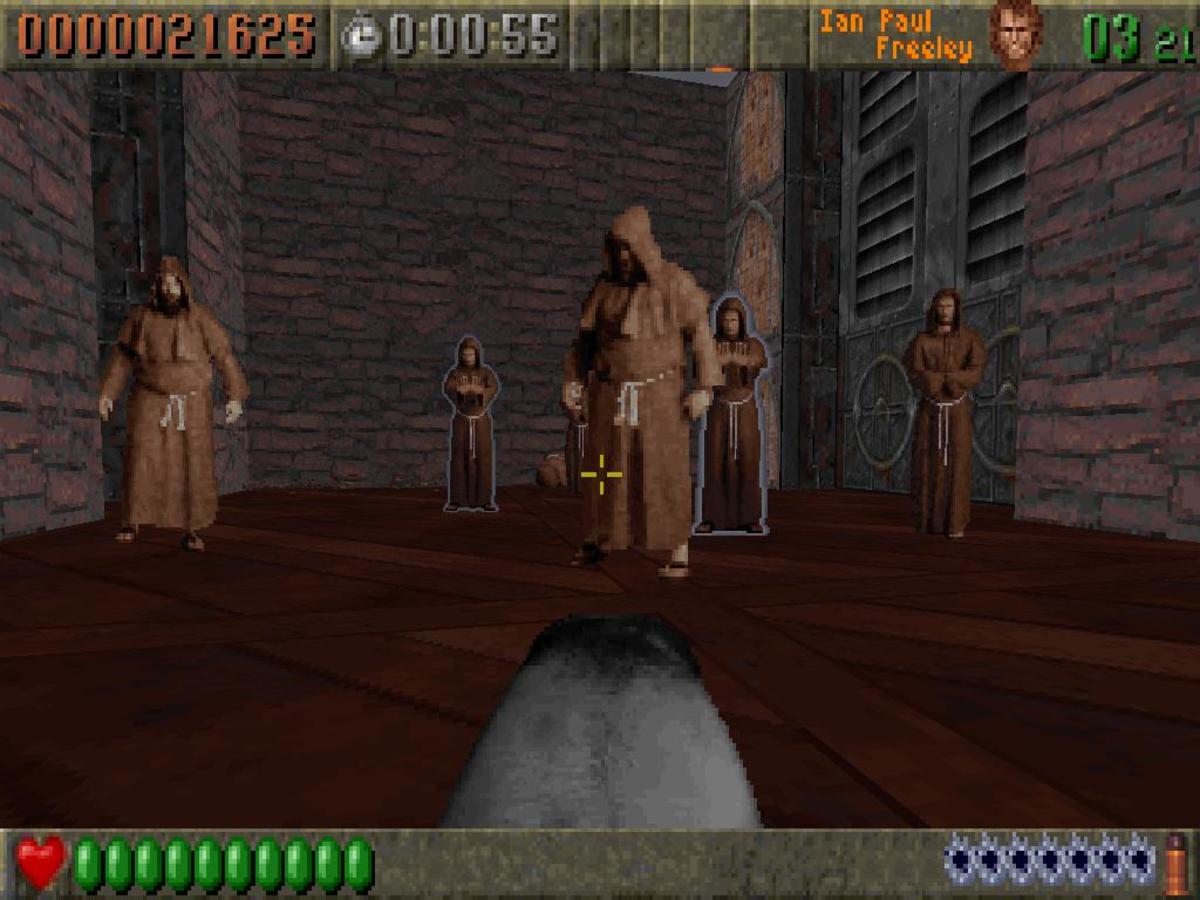



Lee Jackson – ROTT, Duke Nukem 3D, Shadow Warrior
Lee Jackson first popped up on the scene within the gaming industry while he was working for Apogee Software (3D Realms), on Rise of the Triad – not only composing a great deal of the music for said game, but also offering his limited voice-acting talent, too.
ROTT might not have been a memorable game to most, but those of us who did manage to play it, friggin’ loved it. And the same can be said for the soundtrack. It has its doses of darkness, with frequent intermissions of silliness – much like the game itself.
But there was another composer who had been around for a while before Jackson came along – and that was Bobby Prince. He had done a great deal of music work for id Software and Apogee games from the early 90’s onwards, and all ready had an impressive resume. ROTT was the first game where Jackson and Prince worked together. But Jackson made most of the tracks, while Prince contributed a few, including the main theme.
This cooperation continued on with Duke Nukem 3D, as once again, the soundtrack was shared between the two, roughly doing half each this time. And once again, it was a recipe for success. Jackson alone was responsible for the theme tune, called "Grabbag", which went on to become one of the greatest and most recognisable in any game ever made, and has been covered by many an artist – whether amateur or professional – such as Megadeth. He alone scored the fourth episode of Duke Nukem 3D, “The Birth”, which was part of the Plutonium Pak, and later the Atomic Edition.
Did you know?
Lee Jackson's real first name is Dennis. He has a son who is studying music composition.
It was only really with Shadow Warrior – 3D Realms’ last developed and released game ever, back in 1997 – that Jackson had full reign. But I for one found the soundtrack for this game surprisingly disappointing. The shareware episode had all but four tracks (five if you count the main theme) in EMIDI (a format that was devised by Jackson and Jim Dose) – and this wasn’t bad, until you actually played the rest of the game. From there on out, it was the same track over and over, for every level – to the point where it became so repetitive that I switched off the music entirely. This was probably one of the contributing factors to the opinion shared by some that Shadow Warrior was rather poor compared to the likes of Duke Nukem 3D and other build engine games of the time, despite the fact that it is considered to be one of the big four build games.
Several people have covered Grabbag, but some have gone further than that and covered or remastered all of the tracks from Duke Nukem 3D. One of them is Mark McWane. Most of the tracks were faithful but some took a more inspired-by route. Another artist is Brandon Blume, aka Musically Inspired. These remastered tracks can be used in conjunction with EDuke32, a DN3D sourceport, and the HRP (High Resolution) pack.
Jackson has since been involved in creating music for several made-for-console Duke Nukem titles, such Duke Nukem: Zero Hour and Time to Kill. But what really excited me was when I found out that he is also credited with having a hand in the insanely delayed, and yet eagerly anticipated Duke Nukem Forever. The soundtrack for this title had some tracks that were rather reminiscent of Duke Nukem 3D, but with a polished, modern feel. There’s even one or two remastered songs directly from DN3D. The soundtrack was one of the better things in the game to be honest.
Besides games, Jackson also does radio work, much like another man well known to the Duke Nukem community: Jon St. John, the voice of the Duke himself.
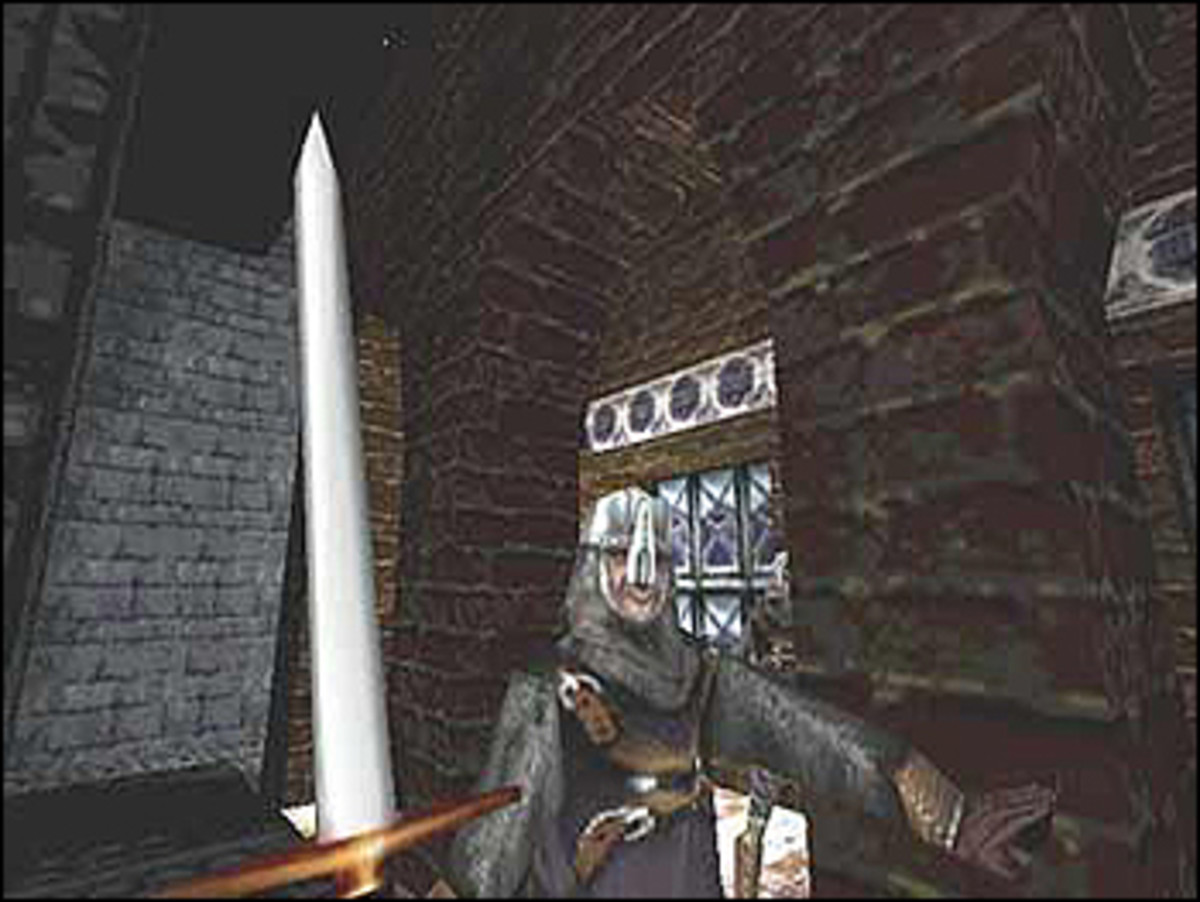

Eric Brosius – System Shock 2, Thief series
There is a cult following as regards the musical scores created by this man – much like there’s a cult following behind the games the scores were created for.
Eric started off his musical career in a band. It was called “Tribe”, an alternative rock band, and it lasted from about the late 80’s until 1994. It was in this band that he met his future wife, Terri, whom he married after Tribe was disbanded (no pun intended).
Eric’s first game was Descent. He also worked on the sequel, and its expansions. Most of the games in his first years were flight simulators, or games set somewhere in the flying game genre. He ended up working as the audio director at Looking Glass Studios, which was known for churning out flight simulators, and worked on several of their titles along with fellow former Tribe members: his wife Terri, and Greg LoPiccolo. Greg composed the score for the original System Shock.
Did you know?
Terri Brosius, Eric's wife, is also known to the System Shock community for voicing the series' chief antagonist, one of the best in any series ever created: SHODAN.
The most notable game Eric worked on was Looking Glass Studios’ Thief: The Dark Project. As far as I can recall, this was probably one of the first games to memory that exhibited a more ambient OST, along with some industrial themed sections that suited the steampunk universe of Thief very well. And this was naturally continued with Thief II: The Metal Age, and the Ion Storm developed Thief: Deadly Shadows. In my mind, this was part of what made Thief so revolutionary for its time, and it inspired an entire new genre of games, and perhaps genre of game music, that was to follow.
Nowadays almost every game takes this route, and the ambient soundtrack has long since replaced the stonking, hard-hitting soundtracks that were around back in the 90’s, when Bobby Prince was king. You can most likely thank – or blame – Eric Brosius for that.
After Looking Glass studios folded in 2000 after the release of Thief II, he went on to work for Irrational Games, the co-developer of System Shock 2 – the sleeper hit of 1999. System Shock 2’s pulse pounding soundtrack, which ranged from thumping techno tracks to the slow-paced, disturbing, methodical melodies which invoked such a sense of dread and isolation, was unforgettable. Eric has since claimed that he did the mixing for the soundtrack, while two other people, Josh Randall (aka Robotkid) and Ramin Djawadi actually wrote the songs.
At Irrational, Eric worked on games such as the Freedom Force series, and SWAT 4. Since then he’s worked on the Rock Band games, which are made by Harmonix and Irrational.


Bill Brown – Tom Clancy’s Rainbow Six, Ghost Recon
There are only a few composers out there who can match the accomplishments of this guy. And you might not be as familiar with him as some others here, perhaps. Think games like Tom Clancy’s Rainbow Six, or Ghost Recon – and not just the seminal titles in those respective series, either. Several games in both series – the music therein was made by Bill. He won PCXL Magazine's 1998 All-Star Award for Rainbox Six's soundtrack, in fact.
He has strayed from the Tom Clancy franchise though, having composed music for some other games, such as Return to Castle Wolfenstein and 2009’s Wolfenstein. And furthermore, he’s worked on some rather excellent scores for games you’ve probably never played, like Anachronox and Clive Barker’s Undying – the latter of which I hold in high regard, personally. He even composed the OST for Command & Conquer: Generals and it's expansion, Zero Hour – both of these being spin-offs from the main C&C universe, which usually has Frank Klepacki doing the honours of making the music.
Bill has also had a hand in film scores too – the most notable being Ali, in which Will Smith played Muhammad Ali or Casius Clay, the legendary boxer.
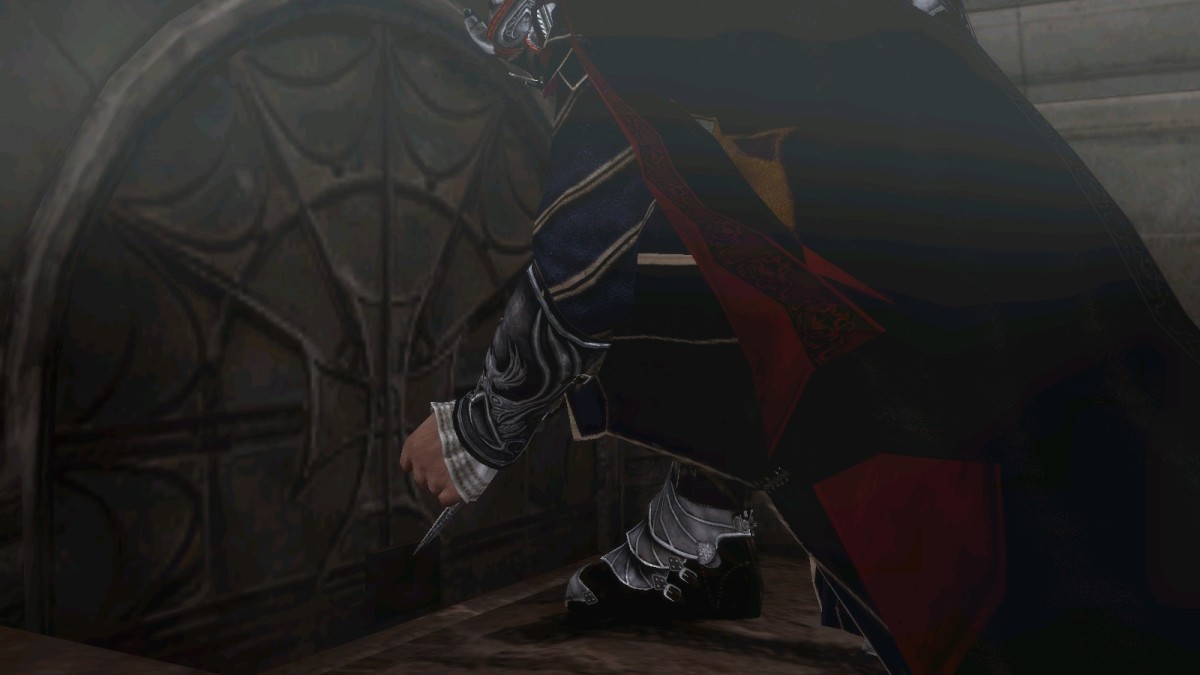
Jesper Kyd – Hitman and Assassin’s Creed series
Jesper Jakobson Kyd is a multiple award-winning Danish music composer, who is also talented in other respects, such as being able to play the piano; he sung in a choir; learned to play classical guitar – and he claims he was mainly self-taught in all these pursuits.
After a long time of mixing it up in the demoscene with some programmers, having contributed to some games, he ended up in New York, after Zyrinx, the company he had been involved with, suffered a setback after their publisher, Scavenger, went bankrupt. His colleagues went on to found IO interactive after moving back to Denmark.
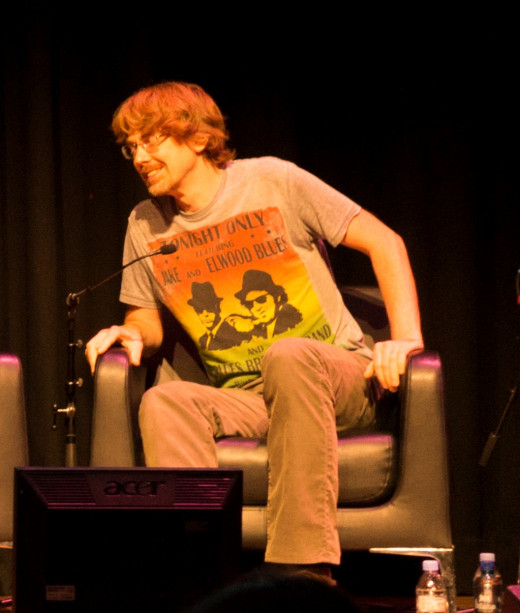
It was the music he later composed for games by IO Interactive, such as the famed Hitman series, that garnered a lot of attention for Jesper. He started to work with the Budapest Symphony Orchestra for the sequel, Hitman II: Silent Assassin, and later Hitman: Blood Money. I personally feel that this particular game has one of the greatest original soundtracks I have ever had the pleasure of listening to, with an absolutely beautiful rendition of “Ave Maria” that evokes such emotion in me.
Another IO game he composed for was the infamous Kane& Lynch: Dead Men.
Besides working for IO Interactive, Jesper is a freelancer, and so works for several other companies, including Ubisoft. You will also know of his work on the Assassin’s Creed series, because of this. Assassin's Creed: Brotherhood's score is particularly moving.
Jesper has also crossed over into film, but these are mainly independent movies, or short films, as well as the odd trailer. One of his main goals, it is said, is to prove that video game music can be just as good as that which you’ll hear in a movie. I think he’s accomplished just that.
Jeremy Soule – The Elder Scrolls III: Morrowind, Oblivion, Skyrim
There are two names that come to mind when modern gamers think of video game music – particularly orchestral scores: one of them is Jesper Kyd, and the other is Jeremy Soule.
Jeremy was born in Iowa, in the United States, and was soon recognised as a musical prodigy while attending school – even earning the equivalent of a master’s degree in composition, when he was a teenager. They say “equivalent”, because technically he didn’t actually enrol in the school, Western Illinois University. But this was no matter, as the young boy’s talent was to be his biggest credential.
After graduating from high school, he was almost immediately snapped up by Square, after sending them demo tapes. Jeremy was convinced that games could be better if they had proper music to back them up. And Square agreed seemingly, as they employed him a couple of weeks later.
After composing music for a few games, some of which catered to a much younger audience, it was Total Annihilation which gave him the chance to shine. His ingenuity and musical creativity ended up garnering him an award; his first: Gamespot’s "Best Music" of 1997.
In the year 2000, and only in his mid-twenties, Jeremy went on to found Soule Media, an independent production company, with his brother Julian, who has worked on several of Jeremy’s projects as a sound engineer. Soule Media’s name was later changed to Artistry Entertainment.
In 2002, The Elder Scrolls III: Morrowind was released, developed by Bethesda – it went on to become one of the hottest games of that year, and Jeremy was behind the soundtrack for it. It was highly regarded, and earned him a second nomination from the Academy of Interactive Arts & Sciences. He also worked on the next game in the series, Oblivion. The score was simply enchanting, to say the least. It was so good in fact, that I even let my father listen to it. My father is a big fan of orchestral music, and he loved it; he said it was “beautiful”. Indeed, it won two awards, even though some of the tracks were originally from its predecessor, just remastered a tad. Not that I, or anyone else, ever complained.
Jeremy Soule is also credited with working on the latest instalment in the Elder Scrolls series, Skyrim.
Out of all the artists featured here, Jeremy’s resume is perhaps most astonishing, and is probably one of the most varied when it comes to genres. From shooters like Prey and Unreal II, to his more preferred genre, RPG. But Jeremy doesn’t like to be called an “orchestral composer”; instead opting for “music practitioner”. He likes to be free from labels, and free to create whatever music he likes – and he tends to work with video game developers who have the same ideals.


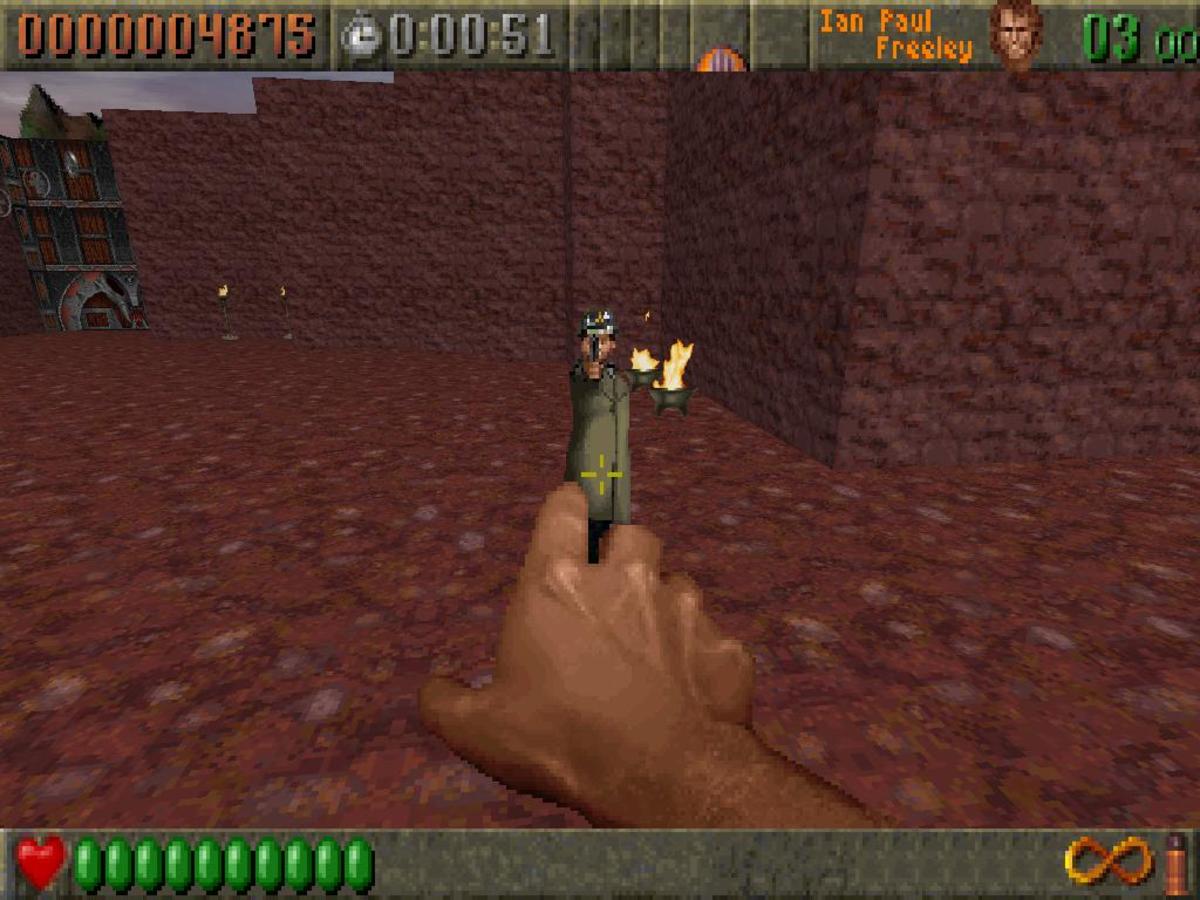

Robert "Bobby" Prince – Doom
Name any first person shooter that was made in the early to mid 90’s, and you’ll more than likely find in the credits that this man was behind the soundtrack. Whether it’s the grandaddy of them all, Wolfenstein 3D, to the genre-setting Doom, or his shared involvement in Duke Nukem 3D – Bobby had a big hand in making the sound and music for these games.
Sure, Bobby has his critics, who argue that a lot of his work is blatantly ripped off from other artists’ work – this is most notable in the Doom series as well as Duke Nukem II. People, even to this day, often spot similarities between the songs featured in these games and heavy metal or thrash metal songs from the 80’s and 90’s. But in this case he was actually told to do so – if the tale that John Romero, who was one of the of the original co-founders of id Software, told Bobby to make a whole bunch of cover songs after handing him his metal collection, is to be believed.
Did you know?
Before he passed the bar and became a lawyer, and long before he got in to making music for games, Bobby Prince served as part of the armed forces in Vietnam. His rank was First Lieutenant.
In fact, it almost seemed a tad ironic when he threatened VGMusic with legal action years ago due to the site’s propensity to host copyrighted works – several of those probably belonging to him – when here was a man who some argue made his career based off of borrowing or "stealing” music from others. It’s even more ironic when you consider that Prince is actually a lawyer; he passed the bar in 1980.
Some argue that the covers that Bobby made for those games were actually better than the originals themselves; being more melodic, and easy-listening – something not traditionally associated with the likes of Slayer, for instance.
But whether you side with or against him for these actions, one cannot deny that Bobby is one of the most prolific video game music composers of all time, and I for one immensely enjoy his soundtracks. You have to give it to the man – he knew how to make some great tracks that got you in the mood for mauling monsters, or dispatching demons, all accompanied by a sinister grin on your dial.
In 2006, he received a Lifetime Achievement Award for his work on video games. He is currently said to be composing sound and music for a game called Last Bastion (which has has its title changed to Wrack) – probably his first video game work he’s done in several years.

Frank Klepacki - Command& Conquer, Red Alert
There’s one song that’s gained Frank fame and recognition within the video game industry – and that song is "Hell March". Originally it appeared in Red Alert, and since then versions of it have been featured in pretty much every Red Alert game to ever have been released.
Frank predominantly worked for Westwood Studios, right from the early 90’s – and began to do so when he was 17 years old. Other than Red Alert, he worked on multiple different series, scoring games in the The Legend of Kyrandia, and Dune series, and of course nearly the entire Command & Conquer franchise, too.
Frank missed the chance to work on Command& Conquer 3. Frank said he was too busy to help compose that particular soundtrack. Instead, that effort was handled by Steve Jablonsky. He also didn’t have anything to do with the rather anticlimactic Command& Conquer 4, either.
I would say that without a doubt, Frank’s best showing was with Red Alert 2 – also in my opinion the best in that series, although he won two awards for his work in the first game, Command & Conquer: Red Alert, namely PC Gamer’s best videogame soundtrack of 1996, even beating Trent Reznor’s effort for Quake.
After Westwood Studios closed down, he went on to work at EA and Petroglyph Studios. Since the 90’s he has also gone on to make his own music albums, with the genre of music that he invented: “RockTronic” – which is also the name of his 2004 album.
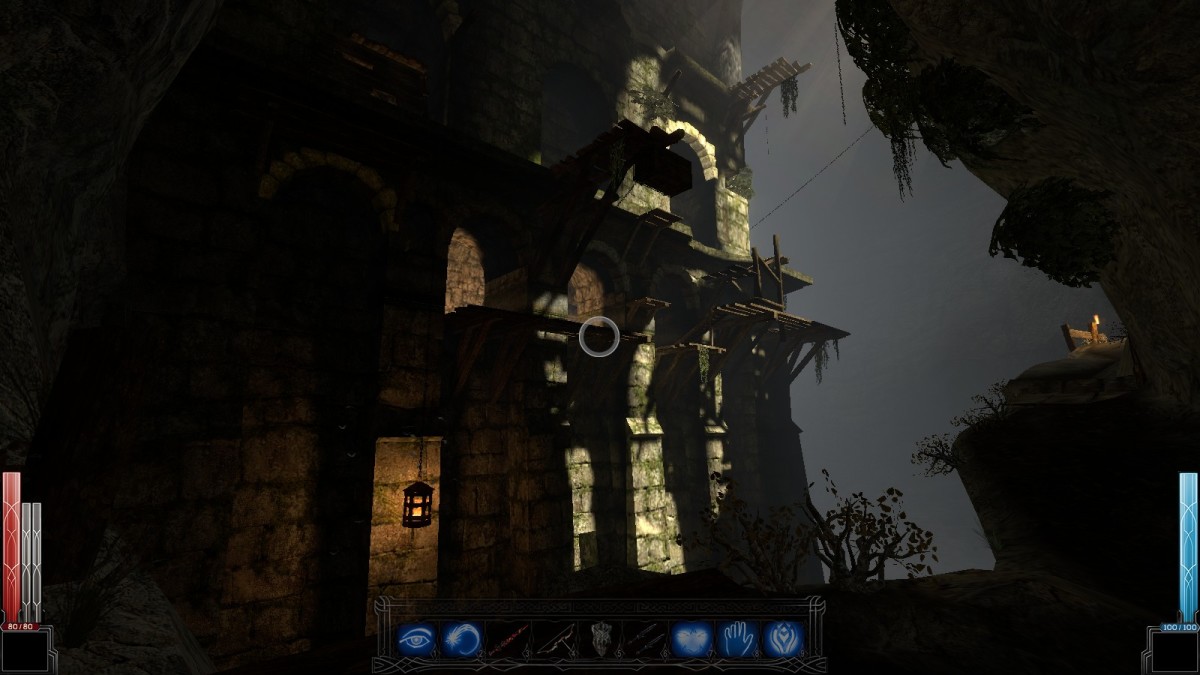
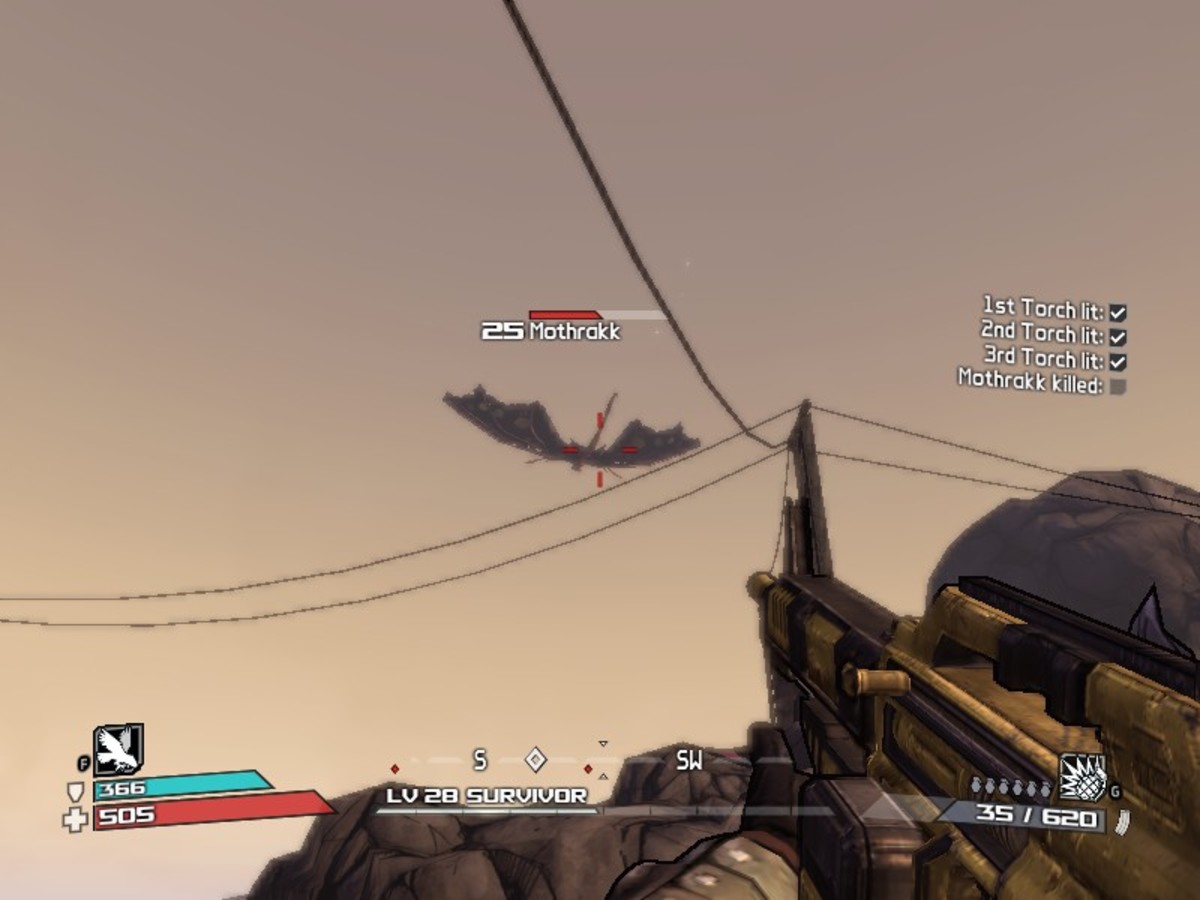
Sascha Dikiciyan and Cris Velasco – Quake II, God of War (respectively), Dark Messiah (collaboratively)
The first I ever heard of Sascha, a German born music producer, was years ago when he composed the music for Quake II. Then he went by the name Sonic Mayhem – this is apparently one of his professional names that he uses.
Not everyone was a fan of that particular soundtrack, which was heavily industrial (or aggro-industrial) or alternative metal-themed, and likely inspired by the work Trent Reznor did on the original Quake’s soundtrack. Personally, that Quake II soundtrack spent a lot of time playing when I was around – either listening to it while chilling out, when I was bored, or when I was just playing the damn game. There were other tracks in Quake II that were thrown in by Bill Brown and Rob Zombie, but Sonic Mayhem had the lion’s share of tracks composed for the game.
He also did the soundtracks for the Quake II expansions that followed the year after, and composed half of the perhaps not as memorable tracks for the sequel, Quake III Arena, as well as the weapon sound effects for its chief competition at the time, Epic’s Unreal Tournament.
A few years passed, and Sascha worked on some other games, perhaps the most notable being Splinter Cell: Double Agent – a game that to this day, I haven’t touched. But it was that same year, in 2006, that Dark Messiah of Might and Magic arrived – a game that people either loved or hated. I am one of the former. I always remember the theme that played at the main menu of the game, which accompanied the visage of Sareth staring through the swirling mist surrounding him. It all just felt so very poignant. The soundtrack in this game was handled by both Sascha, and another man: Cris Velasco.
Did you know?
Sascha, in addition to the name Sonic Mayhem and Buzzfunk, also works under the name Toksin, outside of making music for games, and produces dance remixes for several artists.
The two teamed up in 2005, and have gone on to score several games together, like Hellgate: London, Borderlands and Prototype, among others. And it was probably the best thing they could have done for their respective careers, as the duo is now one of the most sought after in the industry, even "replacing" Jack Wall and Sam Hulick as regards composing the score for Mass Effect 3.
As far as solo work goes, Cris is probably more widely known for his work on the God of War series, having contributed several tracks in each title. I’ve had the pleasure of listening to these since the soundtracks for all games in the series so far were released free a while back. But I unfortunately have not had the pleasure (or displeasure, depending how you look at it) of trying any GoW games. I tend to avoid the hack ‘n slash ones. That and I’m a PC gamer.
Cris also went solo on Clive Barker's Jericho. Despite the hype it received, it didn’t quite capture people's attention for long either, although Cris claims that composing the soundtrack for Jericho was his “dream project”. I’m a bit of a Clive Barker fan too, admittedly, although Undying was a far better game in all honesty.
The two still do work on their own without the other. Sascha has since gone on to work on games like MAG.

Dan Forden – Mortal Kombat series
Who remembers playing Mortal Kombat, especially on the old arcade machines, or even on one of the old consoles in your living room? Those were the days, right?
What was so great about the experience of playing a Mortal Kombat title – part of the original trilogy, when they were actually good? Was it the awesome digitized characters, cool animations, the gory fatalities? What about the sound? There was something about the fact that when somebody played Mortal Kombat, you knew about it. You could be in the en-suite bathroom up in the master bedroom, on the other side of the house, and you’d be able to hear those trademark screams of anguish emanating from your TV, accompanied by those catchy tunes.
And somebody was behind all of that. You might know of him. You’ve almost certainly seen him if you’ve played MK II or anything after that: it was Daniel “Toasty” Forden. Remember the fella who would pop out from the sound of the screen on occasion when you executed a great move and utter “Toasty!” in falsetto? That was him.
Did you know?
Dan hasn't composed the soundtrack for every Mortal Kombat title, but the ones where he didn't compose the music, he usually had something other to do in the sound department.
The music was typically a blend between oriental and occidental (or eastern and western) in theme, with instruments ranging from electric guitars to the more exotic, or ethnic in origin. They were catchy, and a mite repetitive – but there’s no denying they fit the mood perfectly in most cases, and captured that dark sense of foreboding that one would expect in a blood sport such as that depicted in this franchise.
In fact, Mortal Kombat Trilogy was my favourite game in the series. It had all of the characters from the previous games; it had all, or most, of the arenas from those games; it had a lot of the music from the first three games too.
It was what I listened to in order to amp myself; I once hummed one of the songs during an improvised school play (and all of the kids were so bewildered because they didn’t know the tune, oh pity the ignorant masses); I even played one or two of the tracks in my head to put myself to sleep, when I was a young boy. And that Trilogy disc, which I bought from a second hand store over ten years ago, was used in my PC, and in my CD player for years. I still listen to it to this day, from time to time.
Dan has worked almost exclusively for Williams and Midway in the past, mostly on either pinball or fighting games like the aforementioned Mortal Kombat. And I was ecstatic to learn that brought him back for the latest Mortal Kombat – a reboot from NetherRealm Studios. They certainly did everything right with this one – apart from putting Kratos from God of War in there. Come on fellas. I thought we stopped with all that cashing-in bull$hit a while back with Mortal Kombat vs. DC Universe.

Inon Zur – Fallout 3
Inon was born in Tel Aviv, Israel, back in the 1960’s. After having spent his childhood and teen years being drawn to creating music in several fashions, and graduating from the Music Academy of Tel Aviv, he joined the military – a compulsory service in Israel that must be carried out by everyone when young.
After ending his service - which he claims matured him and taught him discipline and the reward of hard work – he went to the United States to pursue a career in music. Here he studied more, at the Dick Grove School of Music, and later at the University of California, Los Angeles.
Inon started out working on television series and some small-time movies, but wasn’t too successful in his endeavours. He was encouraged by his agent to rather try the video games industry. Inon was reluctant to do this, but eventually went with it, seeing as he was going nowhere in the film industry, and Inon wanted that appreciation that had seemingly eluded him.
The first game he composed for was in 2000, and it was called Star Trek: Klingon Academy. He’d spent three years working on the score for this game – since 1997. By this stage Inon was all ready in his mid-thirties. A lot older than some other video game music composers, when starting out.


Inon continued working on game soundtracks, while still dabbling in TV shows and the like. It was in more recent years that he started to become recognised as an “A-list composer”. He scored the game Crysis – which became, and has since remained, one of the benchmark games to test out all graphics cards and rigs against. Only years later has the technology caught up with it, so to speak. He also reprised this role with Crysis: Warhead, the standalone expansion.
He’s also worked on the Prince of Persia series from about the mid 2000’s, and the Fallout series too. He is mostly recognised for scoring Fallout 3, although he was involved with Fallout Tactics: Brotherhood of Steel years before it, and Fallout New Vegas, more recently. He was mainly responsible for creating original tracks, that weren’t just reused from the original Fallout titles, composed by Mark Morgan. But some say that they wholly prefer Jeremy Soule’s efforts, on previous Bethesda projects, namely Morrowind and Oblivion.
Some of Inon’s standout achievements include the theme tune for the 2015 Inc. developed Men Of Valor (not the best game they ever made), and Dragon Age: Origins’ theme, “I Am The One”. He won awards for these only, despite being nominated for several other works over the years.
It’s ironic, that the man who once was reluctant to get into the games industry, found the recognition and success he craved there, and has since gone on to embrace video games. He lists it as one of his hobbies.
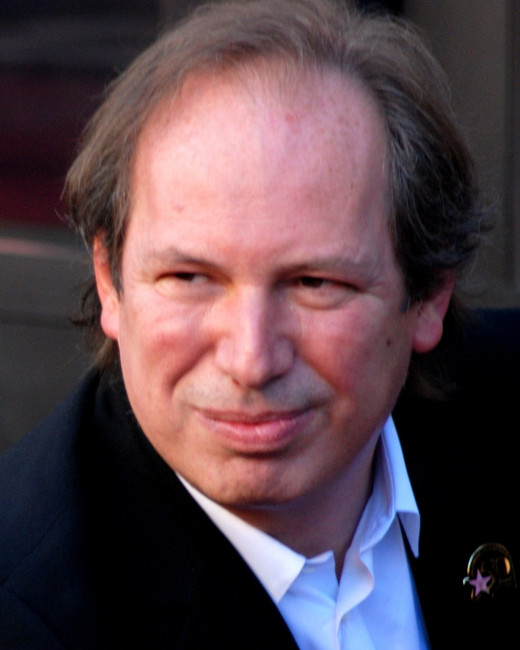
Hans Zimmer - Modern Warfare 2, Crysis 2
While most people featured on this list go from composing soundtracks for video games through to working on some indie films and such, you’ll find that it’s quite the opposite with Hans Zimmer. Zimmer has scored many big budget blockbusters like the Pirates of the Caribbean series, The Dark Knight, Gladiator, Inception, and the like. And the music is consistently excellent. My mind nearly warped for two reasons while watching Inception: the first being the concept of the entire film; the second being the wonderful main theme that played throughout.
Zimmer is the head of Dreamworks Studios’ music division, and has won numerous awards over nearly three decades of being in the game. Speaking of which, let’s look at his accomplishments when it comes to games.


So far, Zimmer has only had two video game projects – far less than several other big names on this list. But those games are not small games by any means. Think the powerhouse that was 2009’s Call of Duty: Modern Warfare 2, and also 2011’s Crysis 2 – said to be one of that year’s greatest games. He worked alongside Borislav Slavov and Tilman Sillescu to create the score.
At any rate, given Zimmer’s penchant for creating masterful orchestral works, I for one would like very much to see him involved in more video game projects further down the line. And I think you can safely bank on the fact that it will happen.
Zimmer has also mentored several other composers, among them Harry Gregson-Williams, who Zimmer claims was his best student. Harry is known for having composed many film scores, and also for having been involved in several Metal Gear Solid games.

Matt Uelmen – Diablo, Torchlight
Matt is mainly known for one series: Diablo. I recall years ago I would play the song, “Tristram”, over and over. It’s one of the most beautiful acoustic guitar pieces ever created.
But let's go back a bit first. Matt was born in Los Angeles, California, and started piano lessons at a very young age. When his family moved to San Jose. By the time he graduated from high school he was a primarily self-taught musician influenced by a whole range of individuals, from classical musicians such as Liszt, all the way through to Jimi Hendrix. He progressed from there to Georgetown University and even won the Mary Catherine Mita Prize for his thesis that he compiled while there. He was also part of a college band, having played the keyboard.
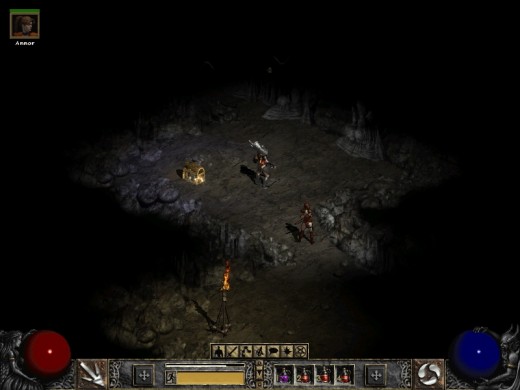
Matt first got in to video game music when he was hired by Condor which later became Blizzard North. This was the developer who brought you Diablo. The score he composed for said game was so good that he was even asked to work as a sound designer on StarCraft. The score for Diablo II, which was released in 2000, is Matt’s greatest achievement to date. So much so that he and several other people, mainly behind the cinematic soundtrack, were awarded International Game Developers Association award for Excellence in Audio for their contribution to the game.
Most composers working on a game stick to one overall theme – but Diablo II is almost more than one game split over several chapters, and so there are multiple themes as a result, ranging from the stone walled towns to the rocky desert wastes, and in to the deadly jungle. So Matt was able to showcase his versatility in one title, switching from one sound to the next, different styles such as ambient and melodic, all using different instruments.
Matt left Blizzard in 2009 after having had limited involvement in World of Warcraft: The Burning Crusade, and teamed up with Runic Games, which is made up of former Blizzard North and Flagship Studios employees. He has since composed the score for Torchlight and Torchlight II.

Nathan Grigg – F.E.A.R., Condemned
Nathan Grigg is very likely a name you haven’t heard of. He’s worked almost exclusively with Monolith Productions over the last 12 or so years however, on practically every major Monolith title, save for the Blood series, which several people contributed to, mainly Guy Whitmore. He came on board in time however to compose additional music for No One Lives Forever. Eclectic and groovy, it fit the theme of the game perfectly – a Bond slash Austin Powers spoof set in the swinging 60’s. He also had some limited involvement in the game's sequel.
From there Nathan proceeded to compose the score for F.E.A.R. It is one of the most chilling and eerie soundtracks I’ve ever listened to, and just upon hearing the main menu music, I am taken back to just how genuinely atmospheric and rather terrifying the first game was. It was quite a journey in to a more ambient, industrial themed soundtrack, even with some tribal percussion thrown in to the mix. And a series that was inspired by F.E.A.R., called Condemned would also surface after a short while. The music was somewhat similar if not even more creepy and the main theme had the same sort of feel to it like you would expect to find while watching some typical detective story on TV.
Since then Nathan has worked on both expansions for F.E.A.R., Extraction Point and Perseus Mandate, developed by TimeGate, which really just used a lot of the tracks from the the original with but a few new ones thrown in, perhaps. He is also credited with scoring the sequel, F.E.A.R. 2: Project Origin and its expansion pack, Reborn, and the last in the series to date, F.E.A.R. 3.
© 2012 ANDR01D

